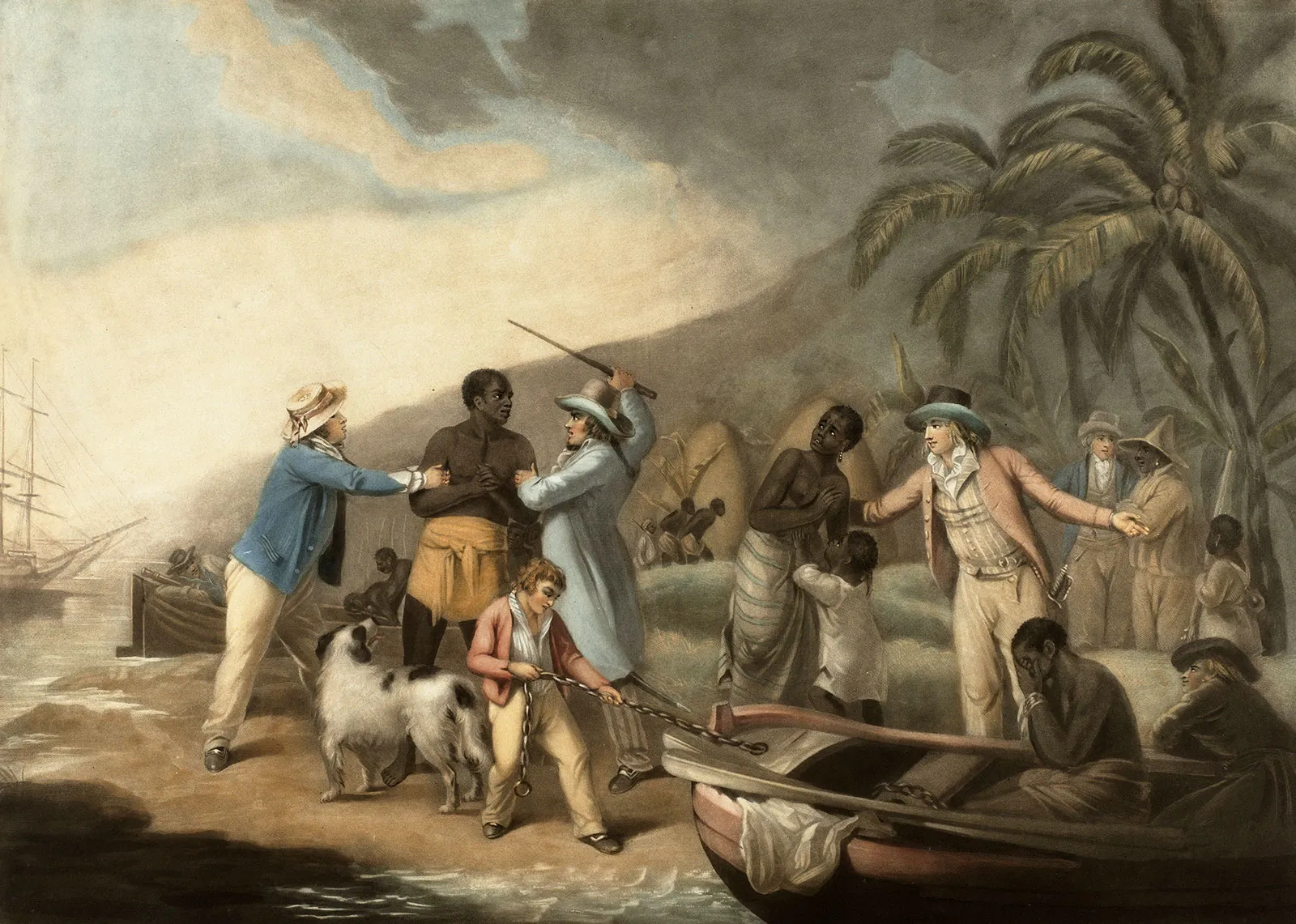Slave trade: Apology is nothing without compensation
On December 23, 2022, the Prime Minister of Netherlands, Mark Rutte, formally apologised on behalf of his government for the Netherlands’ role in slavery and the slave trade. In a 20-minute speech greeted with silence by an invited audience at the National Archive, Rutte said: “Today I apologise.” But Rutte emphatically told journalists after the […]

On December 23, 2022, the Prime Minister of Netherlands, Mark Rutte, formally apologised on behalf of his government for the Netherlands’ role in slavery and the slave trade. In a 20-minute speech greeted with silence by an invited audience at the National Archive, Rutte said: “Today I apologise.”
But Rutte emphatically told journalists after the speech that the government was not offering compensation to “people – grandchildren or great grandchildren of enslaved people.” Instead, it is establishing a $212 million fund for initiatives to help tackle the legacy of slavery in the Netherlands and its former colonies and to boost education about the issue.
Rutte apologised “for the actions of the Dutch state in the past; posthumously to all enslaved people worldwide who have suffered from those actions, to their daughters and sons, and to all their descendants into the here and now.”
The Dutch colonised many parts of the world, including in the Americas and Asia, and occupied many African countries for years from the 17th century onwards, including Ivory Coast, Ghana, South Africa, Angola, Namibia and Senegal.
Like other European maritime nations, the Dutch were quick to involve themselves in the trans-Atlantic slave trade in the closing decades of the 1590s and became a major trader in the mid-1600s. Eventually, the Dutch West India Company became the largest trans-Atlantic slave trader, transporting slaves across the Atlantic to Suriname, with large numbers taken to the small islands of Curaçao and St. Eustatius, in the Caribbean. They institutionalised slave trade and the use of slavery in its colonies before the legislation signed on August 8, 1862 abolished slavery on July 1, 1863.
Rutte’s acknowledgment of the brutal histories of slavery and slave trade was in response to a report published last year by a Dutch government-appointed advisory board which recommended a government’s apology and recognition that the slave trade and slavery from the 17th century until abolition “that happened directly or indirectly under Dutch authority were crimes against humanity.”
The report said what it called institutional racism in the Netherlands “cannot be seen separately from centuries of slavery and colonialism and the ideas that have arisen in this context”.
The Netherlands is not the only country to join the apology train. In 2018, Denmark apologised to Ghana, which it colonised from the mid-17th century to the mid-19th century. In June, King Philippe of Belgium expressed “deepest regrets” for abuses in Congo. In 1992, Pope John Paul II apologised for the church’s role in slavery. And in Europe, the US and South Africa, people have had emotionally charged fights over taking down statues of slaveholders in the South. Now the Netherlands has joined their ranks.
The US and Britain have not formally “apologised” for slavery and slave trade, but representatives of their governments have come close to an apology in recent years. While on a visit to Ghana in November 2018, King Charles III, then Prince Charles, said that ,“The appalling atrocity of the slave trade, and the unimaginable suffering it caused, left an indelible stain on the history of our world.” And two weeks ago, the US President Joe Biden expressed “regret” for what he called the ‘unimaginable cruelty’ of slavery.
That the US and Britain, the two countries with perhaps the most appalling history and legacy of slavery trade, have not gone the whole apology distance; yet it is itself instructive. That Biden spoke at a White House dinner in honour of African leaders and their spouses during the US Africa Summit is even more instructive, because, among other things, it reminded African leaders that they in fact used to be slaves “brought to our shores in chains”.
Daily Trust welcomes the apology by the Dutch government, but it doesn’t go far enough. We find it cheeky that Rutte would make it clear to reporters that compensation to descendants of slaves is not on the table of the Dutch government. The Dutch PM forgets, or more likely prefers to ignore, the fact that when the Britain passed the Slavery Abolition Act in 1833, the British government offered to pay a £20 million “compensation” (about £17 billion today) not to the Africans enslaved, but to the slave-owners who considered abolition as a loss of their property.
In fact, the compensation to slave-owners was only paid off in 2015, meaning that even as recently as a few years ago, many slave-holding families and institutions were still receiving proceeds of slavery, nearly 200 hundred years after that cruelest of all crimes was supposed to have ended. Of what use is an apology in light of this? Moreover, many European families whose forebears owned and ran slave plantations have kept those plantations to date, from the United States to the Caribbean to Brazil. In the Caribbean countries like Jamaica and Barbados for example, a handful of absentee European landlords own almost all the land in the entire country. How much is Rutte’s apology worth to the majority black populations in these countries?
While we welcome apology as an admittance of guilt for the world’s cruelest crime, we insist that it is nothing without due compensation to the descendants of former slaves in European colonies in the Caribbean and the Americas.
